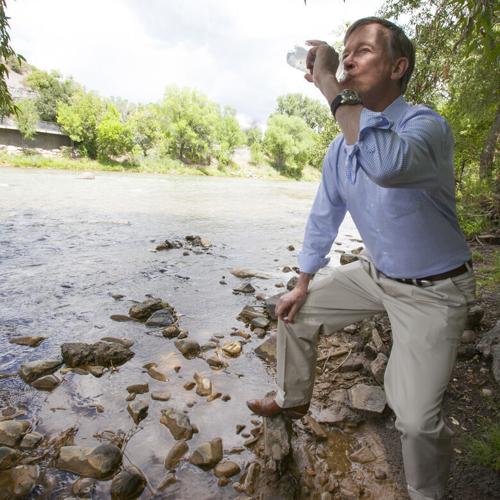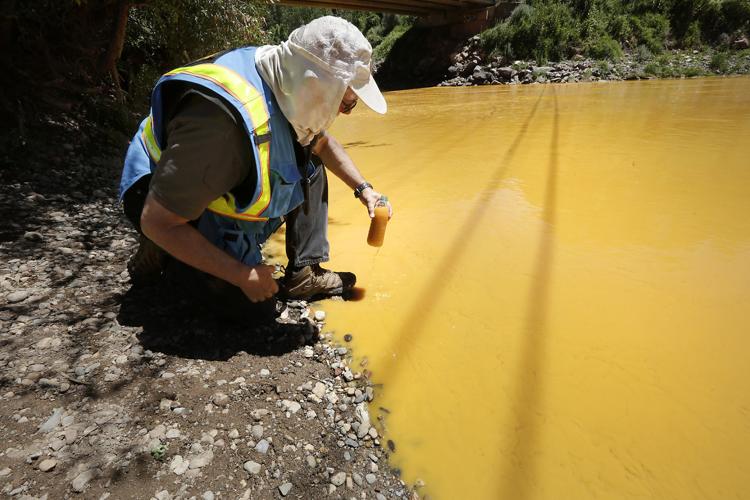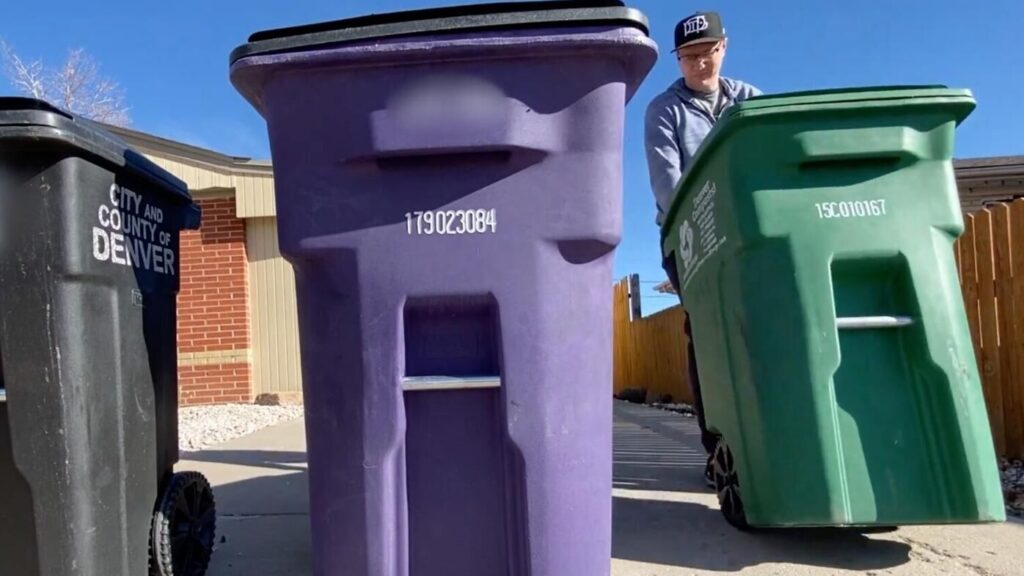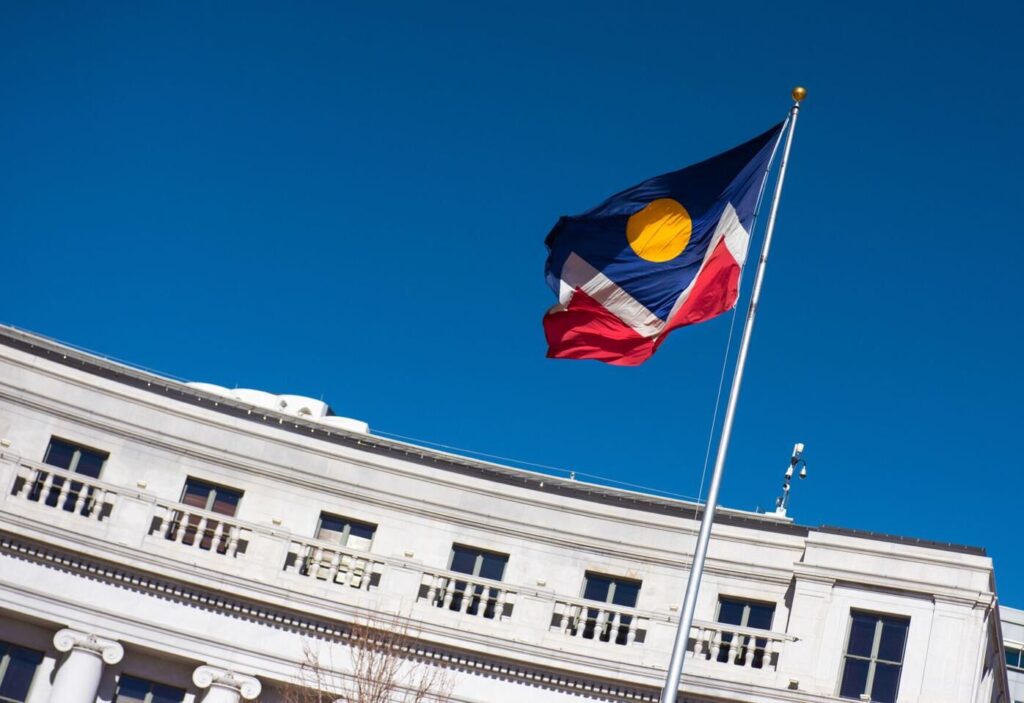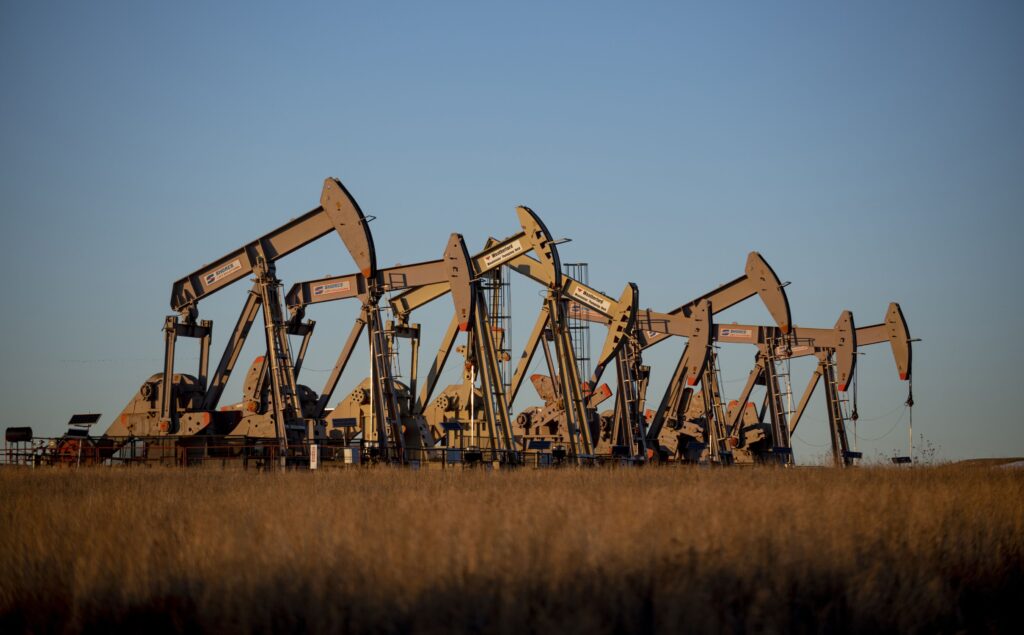Biden signs bill to relieve good Samaritans of liability for abandoned mine waste cleanup
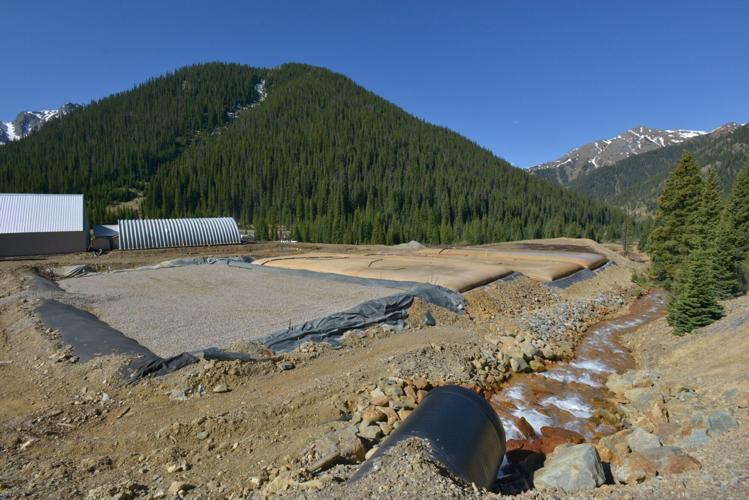
FILE PHOTO: Environmental Protection Agency's Gladstone mine waste filtration plant along Cement Creek above Silverton, Colo. The plant, built in 2015 on property owned by Todd Hennis, treats ongoing acid mine waste from the Gold King mine. The plant corrects the acidity of the wastewater and filters out heavy metals by pumping it through huge permeable-membrane bags that trap the solids, before releasing the treated water back into the creek. The EPA this month settled a lawsuit Hennis brought over the use of this land, according to his attorney.
Scott Weiser/Denver Gazette
People and organizations that want to clean up abandoned hard rock mines received good news when President Joe Biden signed the Good Samaritan Remediation of Abandoned Hardrock Mines Act of 2024 on Dec. 17.
The law establishes a process and rules for “Good Samaritans” to apply for permits to clean up and remediate hard rock mines that are polluting surface waters with acid mine waste.
Public Law No: 118-55 helps resolve a knotty problem facing those who want to spend their own money fixing pollution from more than 150 years of mining across the U.S.
There are more than 23,000 abandoned mines in Colorado, about 230 of which are draining acid mine waste into Colorado waterways, according to the Colorado Department of Natural Resources.
Individuals and organizations have been trying to assist in remediating mines that discharge pollutants into waterways but have been frustrated for decades by federal regulations found in the Comprehensive Environmental Response, Compensation, and Liability Act of 1980 (CERCLA).
The simplest explanation of how the law worked until now is “if you touch it, you own it,” in terms of potential financial and criminal liability for pollution. This has prevented many attempts to remediate long-abandoned mines and their effluent because there was no provision for private plans to do the cleanup, according to environmental groups.
“Colorado voices have long called for legislation to empower Good Samaritans to conduct mine remediation projects, and with more than 23,000 abandoned mines statewide, the significance for our waters is clear,” said David Nickum, executive director of Colorado Trout Unlimited, on its website. “We look forward to seeing one or more pilot projects under this bill take place here in Colorado so that we and our partners can finally roll up our sleeves and get to work improving water quality.”
The website continues: “Current federal laws treat organizations that volunteer to clean up these abandoned mines — including state agencies and private nonprofit groups like Trout Unlimited — as if they are the very polluters who left behind the mine waste. This creates daunting obstacles that prevent abandoned mine cleanups, including complicated permitting and long-term legal and financial liability for any remaining mine pollution.”
The new law absolves liability for groups that obtain a “Good Samaritan permit” for doing the work, but only if they qualify for the permit and complete the work properly.
Permittees are protected against “enforcement, civil or criminal penalties, citizen suits, and any liabilities for response costs, natural resource damage, or contribution…” as long as they stay within the bounds of the permit, according to the new law.
Nor is the permitting process easy or quick; such projects are defined as major federal actions. In addition to detailed investigations and plans for the project that are required, an environmental assessment by the government is also required. It may take up to a year to complete under the National Environmental Policy Act, and the lead agency for the project must issue a finding of no significant impact.
Moreover, projects that require long-term maintenance may burden permittees with ongoing, potentially perpetual obligations and costs.
Notably, this law is only a pilot program that sunsets in seven years and only authorizes 15 Good Samaritan permits nationwide.






